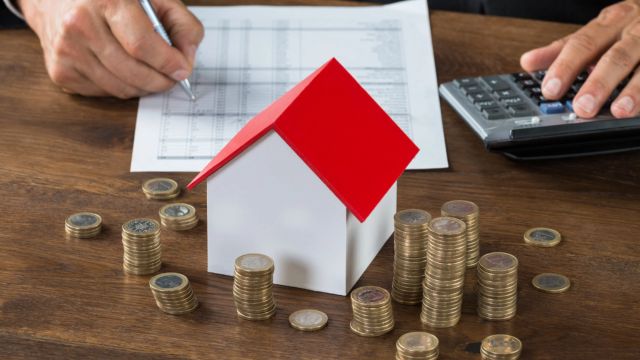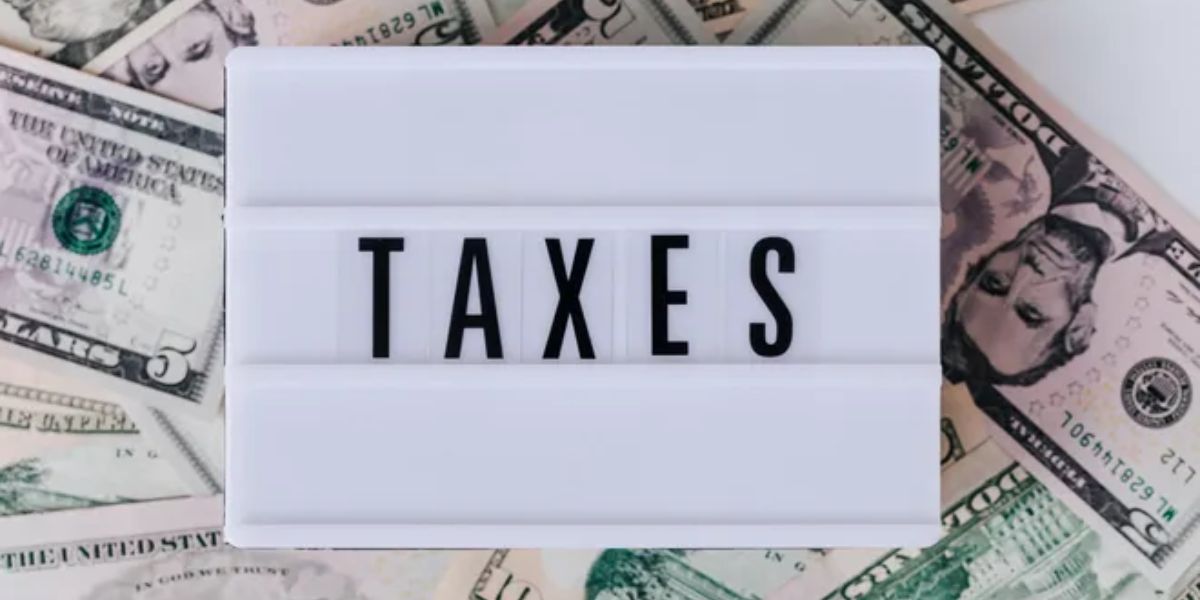MJP –
Florida is facing significant challenges in housing affordability, as three of the five U.S. metropolitan areas with the highest property tax increases since before the pandemic are located in the Sunshine State. A recent report from Redfin highlights that the median monthly property tax bill in Jacksonville has risen by 59.6% to $228, in Tampa by 56.7% to $250, and in Miami by 48.1% to $367.
This surge in property taxes is largely attributed to skyrocketing home values driven by an influx of remote workers during the pandemic, increased demand for government services due to population growth, and rising costs associated with climate resiliency projects.
Nationwide, property taxes have risen nearly 30% since 2019, with 48 of the 50 most populous metro areas experiencing increases. As demand for homes in Florida continues to decline, Redfin economists warn that the rising costs may further push potential buyers out of the market, complicating the state’s already challenging housing landscape.
As the Sunshine State continues to draw in new residents seeking warmer climates and a favorable lifestyle, Florida homeowners are facing an unwelcome consequence of the real estate boom: skyrocketing property taxes. A recent report indicates that property taxes have surged by 50% in many of Florida’s major cities, reflecting the rapid rise in home values across the state. This trend has significant implications for residents, particularly those already grappling with the challenges of affordability.
The Surge in Home Values
Florida’s real estate market has seen an unprecedented surge in home values over the past few years. Cities like Miami, Orlando, and Tampa have experienced intense demand, fueled by a combination of factors including:

- Increased Migration: Many individuals and families from states with higher taxes and colder climates are relocating to Florida, attracted by the lack of a state income tax and the appeal of a more temperate environment. This influx has heightened demand for housing, pushing prices upward.
- Low Mortgage Rates: The pandemic prompted historic lows in mortgage rates, making home purchases more accessible for many. Although rates have started to climb, the lingering effects of low rates continue to fuel demand.
- Limited Inventory: Florida’s housing market has been constrained by limited inventory, with new construction unable to keep pace with the rapid demand. This supply-demand imbalance has further inflated property values.
The Impact on Property Taxes
As home values rise, so do property taxes. In Florida, property taxes are primarily based on the assessed value of a property, which is determined by local property appraisers. With assessments reflecting the increased market values, homeowners are now facing significantly higher tax bills.
New York and New Jersey Homeowners Face Record Property Tax Bills: $905 Monthly Average
For example, a home that was valued at $300,000 may see its assessed value rise to $450,000 in just a few years due to the booming market. Consequently, a property tax bill that once totaled around $3,000 annually could escalate to approximately $4,500 or more, placing additional strain on homeowners’ budgets.
Who Is Most Affected?
- First-Time Buyers: New homeowners, particularly first-time buyers, are feeling the brunt of rising property taxes. As many are already navigating high prices in the housing market, increasing tax bills may push homeownership out of reach for some.
- Retirees and Fixed-Income Residents: Many retirees who have settled in Florida are on fixed incomes and may find it increasingly challenging to manage rising property tax bills. For those who have lived in their homes for decades, the sudden spike in taxes can lead to financial strain.
- Renters: As property taxes rise, landlords may pass on these costs to tenants, leading to increased rents. This creates a ripple effect, impacting affordability for those who rent in the state.
Possible Solutions and Reforms
In response to the escalating property tax burden, there are several potential avenues for reform that policymakers and advocates are exploring:
- Property Tax Exemptions: Expanding exemptions for seniors, veterans, and low-income residents could help alleviate some of the financial pressure. For instance, Florida already offers the Homestead Exemption, which provides tax relief for primary residences.
- Tax Rate Adjustments: Local governments may need to reassess their budgets and consider adjusting tax rates to ensure that they do not disproportionately impact residents, particularly in communities experiencing rapid growth.
- Revisiting Assessment Practices: Transparency in property assessments is crucial. Implementing standardized assessment practices and regular audits can help ensure fair taxation and prevent sudden, steep increases.
Conclusion
Florida’s property tax landscape is undergoing a significant transformation, driven by skyrocketing home values that have surged by 50% in many big cities.
As homeowners face record-high property tax bills, the financial implications are profound, affecting budgets, affordability, and overall quality of life. As the state grapples with these challenges, the conversation around property tax reform will be essential in shaping a sustainable future for Florida residents. Homeowners and potential buyers must stay informed and engaged as they navigate this evolving landscape, seeking solutions that ensure fairness and economic stability.




